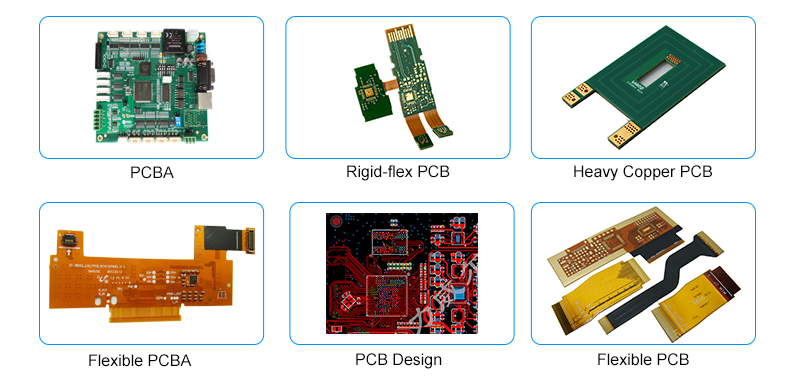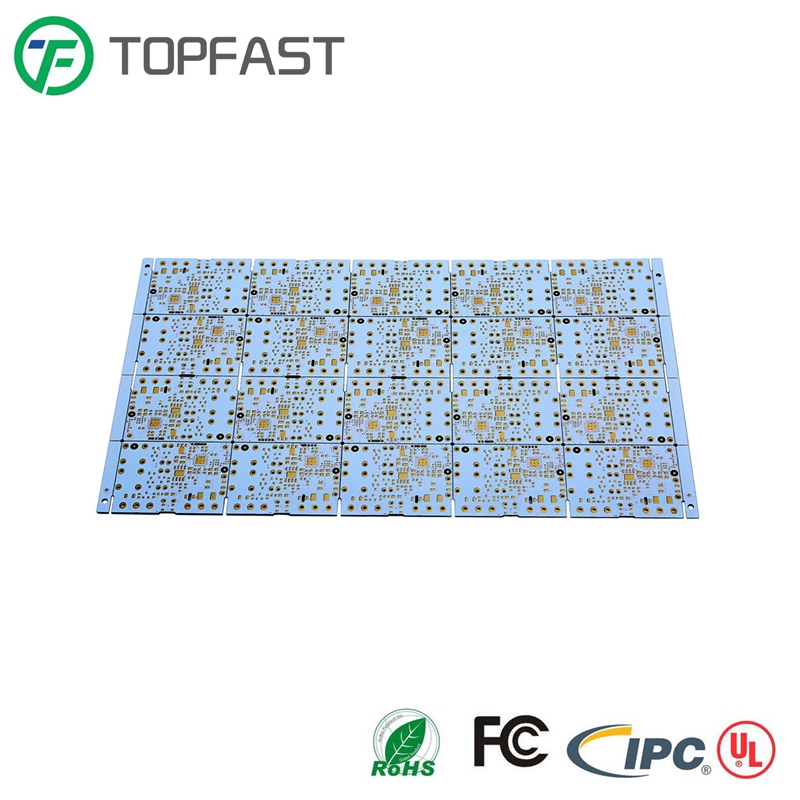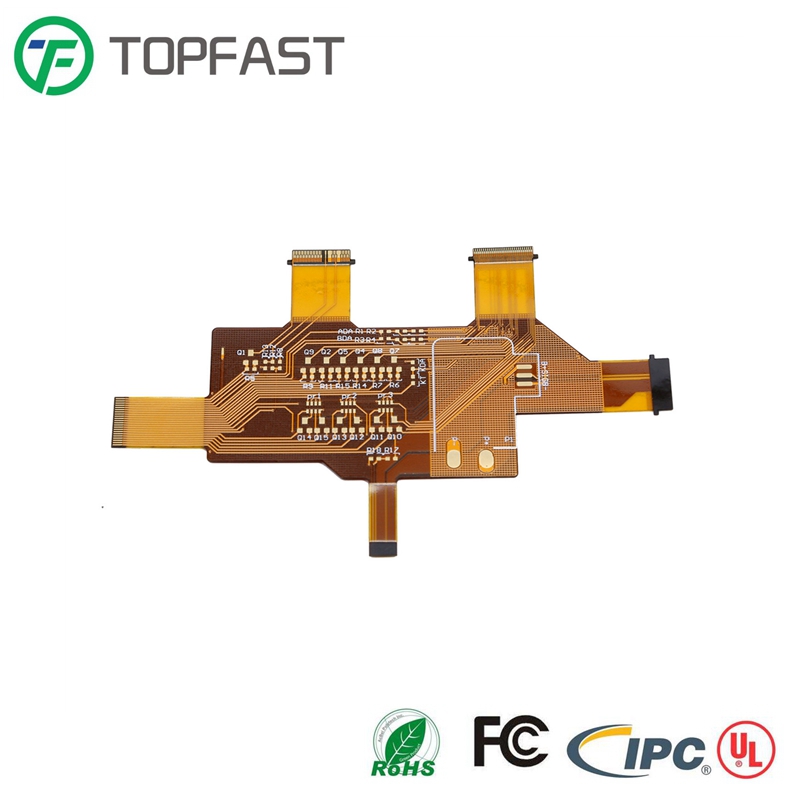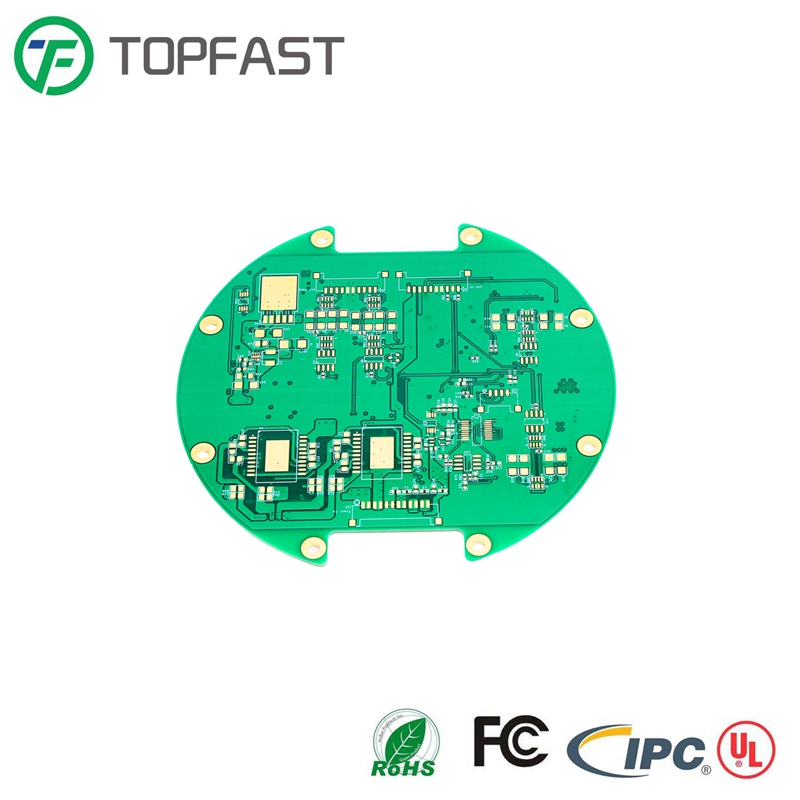Printed circuit boards are an integral part of almost all electronic and electromechanical equipment. PCB design, materials, dimensions, etc. have evolved over the years to meet the complex requirements and huge demands of various industries.
As the number of COVID-19 casualties increases, so does the demand for medical equipment. With most medical diagnostic and therapeutic equipment being partially or fully automated, the demand for medical PCBs continues to grow. HDI PCBs, flexible PCBs, and rigid-flex bonded PCBs are widely used in medical devices.
Custom board manufacturers can meet the needs of different customers and need to tailor boards to fit specifications. Custom PCBs offer many benefits, but can be time consuming to manufacture. As a result, most OEMs that require a large number of boards or components choose custom PCBs or components, although it may also be suitable for small to medium batch sizes.

1,Today, although many OEMs may buy off-the-shelf PCBs for their parts and products, these PCBs may not always be ideal for application requirements. As a result, manufacturers who manufacture highly specialized or complex products still prefer custom PCBs or components that help enhance the functionality of their products.
This is why custom PCBs can be beneficial for some applications.
2,When you're dealing with niche and complex applications, customizing a PCB is beneficial because when designing a board, you can decide what space is in a compact board and still have dense circuits and all the components you need. You can have your own built-in features, such as integrating LED lights into a PCB.

3,For such a complex design, it is best to automate the manufacturing process and run the full batch to avoid any discrepancies and maintain consistency across all boards. This prevents last-minute repairs and saves time and cost.
Before starting full production, prototypes must be made using the same design and methodology to clarify all details.
4,Through this process, a good, scalable PCB design will allow newer versions to be developed when needed in the future. Scalability is important to ensure that the technology is not obsolete or the PCB will need to be replaced because no revisions can be made.

5,While prefabricated panels can be used, and to some extent you can choose the best panel to match your design, it may not work, especially in mission-critical applications. So it's better to give your design to an experienced PCB manufacturer to customize the board based on it.
6,When we talk about custom boards, the PCB design itself is also customizable. As manufacturers or OEMs that will use these boards in their products, they are formed with PCB manufacturers and have designs, processes, etc.
This includes selecting board types, materials, creating your own design files, and sharing your exact requirements with PCB manufacturers. You can even customize the components installed on the board.
7,When you decide to select a custom board, you need to analyze your requirements, budget, and time factors involved. While custom panels offer significant benefits, they may be more expensive than standard boards and may involve tooling costs.

8,Custom PCBs require extensive in-depth discussion with the customer and can only be finalized after approval. If you are an OEM that manufactures complex small electronic or electromechanical devices, you may need to consider working with reliable and experienced custom board manufacturers who will quickly understand your requirements.
TOPAST is a custom circuit board manufacturer that provides end-of-life services from conception, design, manufacturing to installation and after sales. The company offers customized solutions to meet your exact requirements, using state-of-the-art PCB manufacturing processes, materials, and manufacturing techniques.
Address of Plant
PCB Factory:
A1 Building, B Zone, Ditang Industrial Zone, Ditang Road, Shajing Street, Bao'an District, Shenzhen, China
PCBA Factory:
4/F, Building 21, No. 46 Xinye Road, Yonghe Development Zone, Huangpu District, Guangzhou, China
Office Address:
Room 2201-03 & 2206, Building 1, Changfeng International, No. 96, Li Xin 12 Road, Zengcheng District, Guangzhou City, Guangdong Province, China.